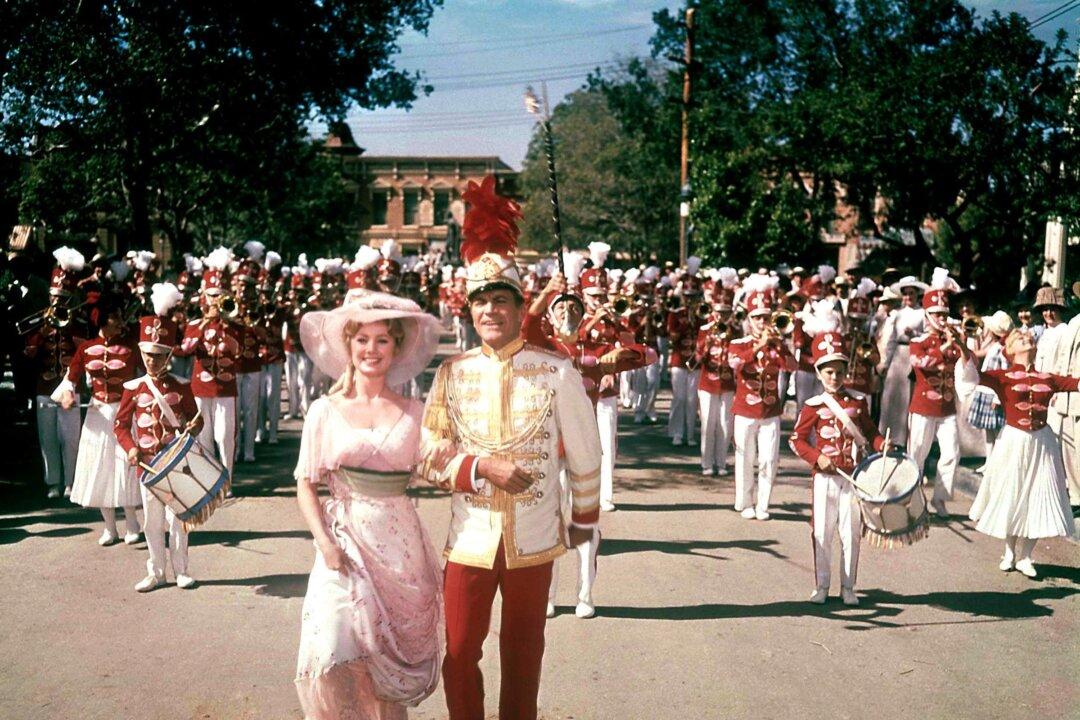They say authors should write about what they know. If anyone knew what it means to be a Music Man, it was Meredith Willson (spelled with two L’s, 1902–1984), composer and playwright of the celebrated 1957 musical by that title. It turns out that Willson’s real life as a jack of all musical trades was incredible and even more fascinating than his fiction.
“The Music Man,” one of four Broadway shows Willson wrote (including his 1960 hit, “The Unsinkable Molly Brown”), won six Tony Awards, including Best Musical (beating out “West Side Story” for that award), and ran for 1,375 performances on Broadway over three and a half years. It has had two movie adaptations, in 1962 and 2003, and countless ongoing productions in local theaters. There was a Broadway revival in 2000 with Rebecca Luker as Marian, and a much-awaited new revival, starring Hugh Jackman and Sutton Foster, is now set to open at Broadway’s Winter Garden Theatre with eyebrow-raising ticket prices in February 2022.






